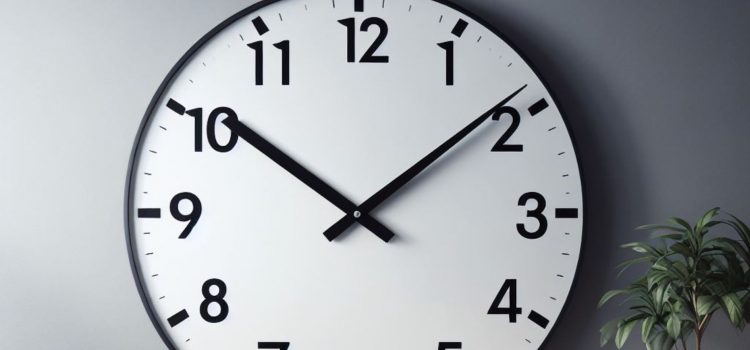
Are you rushing through life? What’s time affluence?
According to Tal Ben-Shahar, being happier requires you to slow down. He introduces the concept of time affluence as a solution.
Read more about time affluence’s impact on your lifestyle and overall mood.
How to Slow Down in Life
Time affluence refers to the sensation of having ample time to engage in personally meaningful activities, leisure, and reflection. In contrast, time poverty describes the stressful state of feeling constantly rushed, overworked, or falling behind. Drawing on psychological research, Ben-Shahar points out that time affluence is a better predictor of well-being than material affluence.
(Shortform note: The term “time affluence” is attributed to psychologists Tim Kasser and Kennon Sheldon in their research on well-being. Kasser and Kennon found people who are time affluent tend to have lower stress levels, better physical and mental health, and higher-quality social relationships. In contrast, those with material affluence could still experience dissatisfaction if they have no time to enjoy their wealth or partake in meaningful activities. Kasser and Sheldon advocate for a cultural shift toward valuing time affluence over the never-ending accumulation of material wealth.)
Ben-Shahar highlights the widespread issue of time poverty in our culture, suggesting that by reducing the pace of our lives, we can cultivate time affluence and thereby increase our overall happiness.
| The Impact of Minimalism on Time Affluence The practice of minimalism—having fewer possessions, fewer distractions, fewer commitments, and fewer decisions to make—can effectively slow down time and help practitioners experience an increased sense of time affluence. According to Joshua Fields Millburn and Ryan Nicodemus, the authors of Minimalism, minimalism is the conscious effort to reduce clutter from your life, both physical and metaphorical. It encourages focusing on what’s truly valuable and discarding what distracts you from your core values. Millburn and Nicodemus offer the following strategies to practice minimalism: 1. Remove Clutter: This doesn’t just include physical possessions, but also commitments, activities, and tasks that don’t offer value to your life. By eliminating activities that aren’t important, you free up time for more meaningful pursuits. 2. Prioritize: Minimalism encourages you to zone in on what’s important in your life and realign your time around these priorities. This leads to a smarter allocation of time, which increases time affluence. 3. Simplify: The minimalist approach values quality over quantity. By simplifying your daily and weekly schedules and focusing on the essential, you can reduce your responsibilities and open up free time. 4. Reduce Decision Fatigue: Decisions drain time and energy. By streamlining choices—in everything from your wardrobe to your daily tasks—you save time that would otherwise be spent making low-stakes decisions. 5. Be Mindful: Minimalism promotes controlled and mindful use of technology. Limiting time spent on digital devices, such as phones and laptops, provides a tangible increase in available leisure time. |






